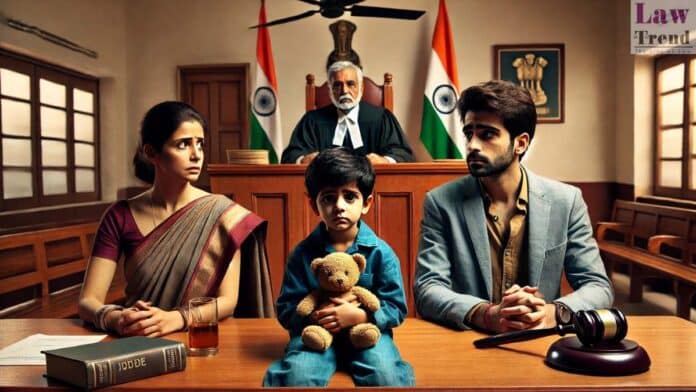In a significant ruling, the Supreme Court of India, comprising Justice Abhay S. Oka and Justice Augustine George Masih, held that a writ of habeas corpus cannot be used to determine child custody without considering the welfare of the child. The court emphasized that custody must be decided based on humanitarian considerations and the best
To Read More Please Subscribe to VIP Membership for Unlimited Access to All the Articles, Download Available Copies of Judgments/Order, Acess to Central/State Bare Acts, Advertisement Free Content, Access to More than 4000 Legal Drafts( Readymade Editable Formats of Suits, Petitions, Writs, Legal Notices, Divorce Petitions, 138 Notices, Bail Applications etc.) in Hindi and English.




